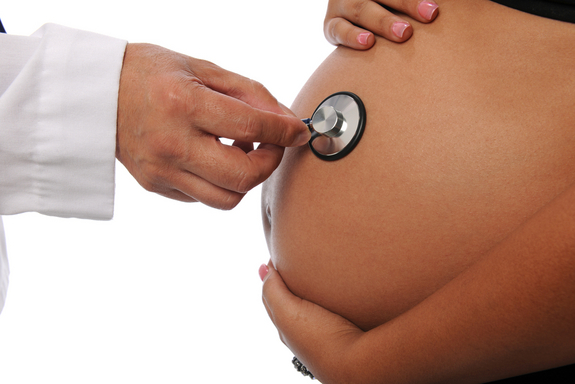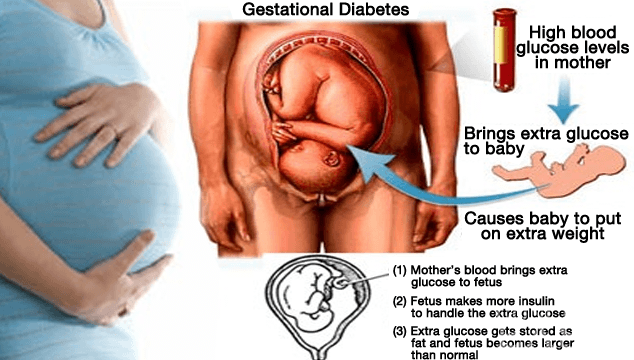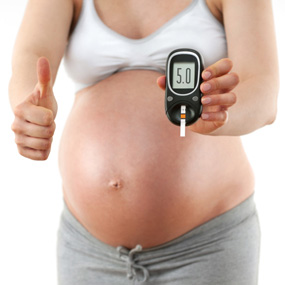
Most people think that there are only two types of diabetes: type one and type two. There is a third type which the majority is quite unaware of. It only occurs during pregnancy to the mothers and that is gestational diabetes. The medicine for diabetes for this type can be quite tricky as doctors have to make sure that whatever the mother takes into her body does not affect the infant inside her womb. Read on to find out more about gestational diabetes.
Definition
Did you know that up to 18 percent of pregnant mothers are diagnosed with gestational diabetes? With this percentage, this makes it one of the most common pregnancy problems.
Gestational diabetes commonly occurs between the mother's 24th to 28th weeks. This happens to moms who, prior to the pregnancy, do not have any diabetes nor display any symptoms of it.
Causes
The placenta is what connects the mother to the baby. After the birth of the child, this temporary organ is expelled by the body in the same way as the child. The placenta also produces large amounts of cortisol, estrogen and human placental lactogen for the duration of the pregnancy. As the infant grows, so does the production of the hormones which may interfere with the insulin flow. Low insulin levels or insulin mixed with high hormone levels may cause gestational diabetes to the mother.

Symptoms
When it comes to gestational diabetes, it is rare for symptoms to ever show up. This is because gestational diabetes is diagnosed via blood test before any symptoms may occur. On the cases that they do show up, better look out for the following:
- Excessive thirst
- Tiredness
- Urinary tract infections
- Nausea and vomiting not associated with the pregnancy.
Risk Factors
Take note of the following as these may increase your chances for gestational diabetes. If you are unsure, do consult your ob-gyn.
- Above age 25
- Hypertensive
- A record of diabetic problems in your family history
- Have previously given birth to a baby weighing more than 9 pounds.
- A BMI of 25 above
- Excessive amniotic fluid
- Experienced gestational diabetes in previous pregnancies
Diagnosis
In between the 24th to 28th weeks of pregnancy, expecting mother are tested for gestational diabetes by their doctors. If there are risk factors involved, the testing will be done earlier in the pregnancy. A glucose challenge test is having a mother drink a sugar filled drink and an hour later, the blood drawn for testing. The other type of test is the oral glucose challenge test where after taking the mother’s base blood sugar, the mother will also drink a sugary drink and the blood sugar tested an hour then two afterwards.

Treatment
The treatment of the mother’s gestational diabetes all depends on the doctor’s recommendations. He or she will most likely advise a change in diet which includes losing weight and eating fiber rich foods. Doctors may prescribe insulin injections to be taken until birth. Another recommendation is exercise to maintain the proper weight. Mothers are also advised to regularly monitor their blood sugar levels by checking it at least four to five times daily on a blood glucose meter.
Mothers, what you want are the best for the child you are carrying. Do not forget to set up regular appointments with your doctors as keeping these appointments can mean the early detection of gestational diabetes or other pregnancy related problems.